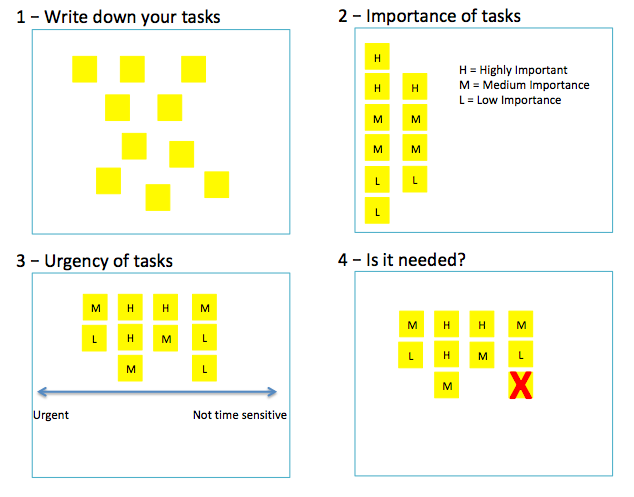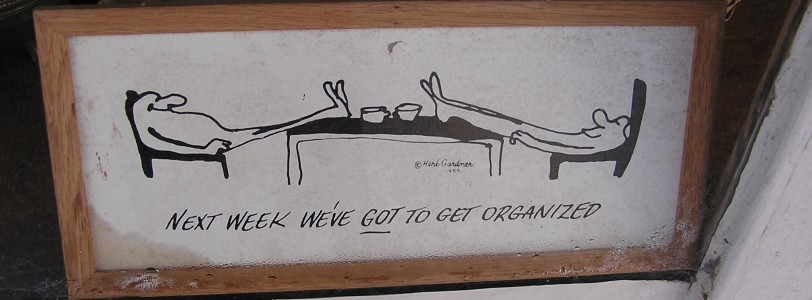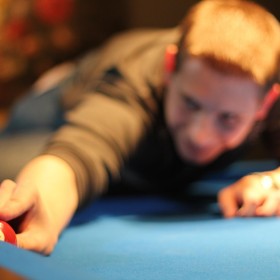Easier said than done. But I know from personal experience that sometimes you can feel like you’re drowning in life.
It might be busy at school, college or work. And it might be busy at home - whether you have caring responsibilities, DIY, or even a demanding social life or activities calendar. All of these factors can contribute to how you feel about yourself and those around you.
Let’s take just one stereotypical Gold participant; Studing A Levels, doing a weekly youth theatre, weekly music classes, a Saturday job and younger siblings at home to help with. Wow that’s a lot of commitment. Somewhere in there is seeing friends and doing your homework.
So how do you take time for yourself? It’s not just about sleep. It’s about mindfulness.
I’m not a health expert, so my advice here is based on practical knowledge. But I want to say upfront that if you’re consistently feeling overwhelmed at any time don’t be afraid to see your GP (local doctor). They will be able to help you find good local support. There are services out there with highly dedicated and passionate staff available to help you. The old adage is that prevention is better than cure. Don’t let things get worse and worse by suffering in silence.
If however you don’t feel quite at the point of needing to enlist the help of a GP there are many things you can do for yourself. You could try yoga, meditation or an app on your phone that reminds you to stop & breathe every now and then.
But, how do you avoid getting even to the point of needing this (although its fine if you do, we all do sometimes)? Get organised. That’s it really.
Ok, what do we really mean by get organised:
- Write down everything you need to do over the coming week, or month, or even term. This could be digital as a straight list, or using something like Trello. It could be offline too, I recommend using post it notes for ease in the next steps…
- Move the most important tasks to the top. Try to prioritise based on what you really need to do over that time frame. For example if you’re early in organising a leadership project (Unit 2); “Contact X about a venue” is pretty important, whereas “design a ticket” is probably less so at that time.
- Next, order your items from left to right with the things on the left being the most urgent. For example, “Do homework due on Tuesday” will be more urgent than “Write agenda for project team meeting on Thursday”. Assuming you’re doing this on the Sunday ahead of the week. Now you’ll find that some things which you thought were most important, might get trumped by the more urgent tasks. And for those things that have about the same time sensitivity, you can clearly see what needs to get done first.
- If something is unimportant and not very time sensitive, then it might end up to the far right, and if you have 4 or 5 items not needing to be done until later down the line, you can see which to do first by the fact they’re at the top. If the less important things don’t happen until the following day; will that have any impact on your project or life? Think realistically; don’t stress about something that isn’t really that important. For example of a task you might want to do, but may not be a problem if you don’t get around to it - “Make my contact list consistently formatted”, It’s nice to have all the text the same font size, and font type etc. But it doesn’t all have to be size 12 Arial. This may seem like a silly suggestion, but when you’re copying and pasting people’s contact numbers from email signatures, websites or other places - you might find they are in different formats.
Here’s these steps in a set of diagrams for you:

I mention sleep above. Get enough of it. 7 hours a night minimum- 8 is better. If you lose a bit one night, try to make it up. Listen to your body - it will tell you if you need more sleep. Get enough sleep to feel refreshed. Find time at the weekend; and don’t ‘burn the candle at both ends’ by staying up late and getting up early all the time.
Diet - that’s also important to staying well. Eat fruit and veg. Eat a balanced diet. It doesn’t mean you can’t have burgers or sweets, just not every meal!
Get exercise. A good walk, a game of tennis, or even a trip to the gym. Anything like that is good for your endorphins and keeping you from feeling lethargic.
So to summarise:
- Organise your time
- Do yoga / meditation / breathing
- Sleep enough
- Eat well
- Get exercise
Simple enough? And will help you get the best results in your Gold Arts Award!
- Get some more advice about avoiding stress in my previous post - get gold by avoiding stress.
- There’s also 6 tips along the same lines from the Federation of Small Businesses — add ‘start journaling’ - an idea to download your thoughts and ‘mind clutter’ at the end of they day to a diary of some sort.
- Picture credit: Shawn Rossi









0 Comments